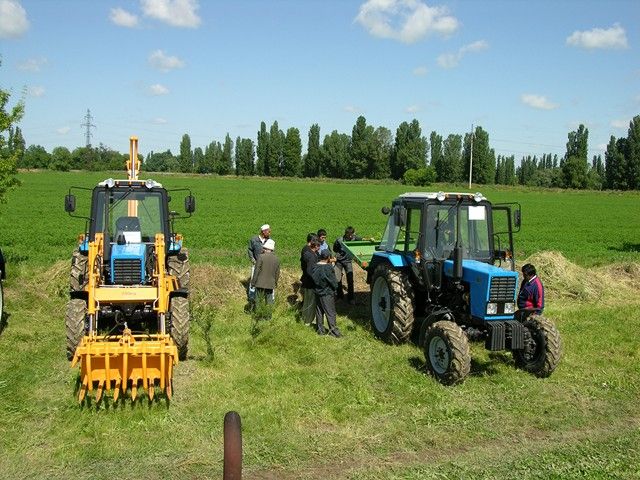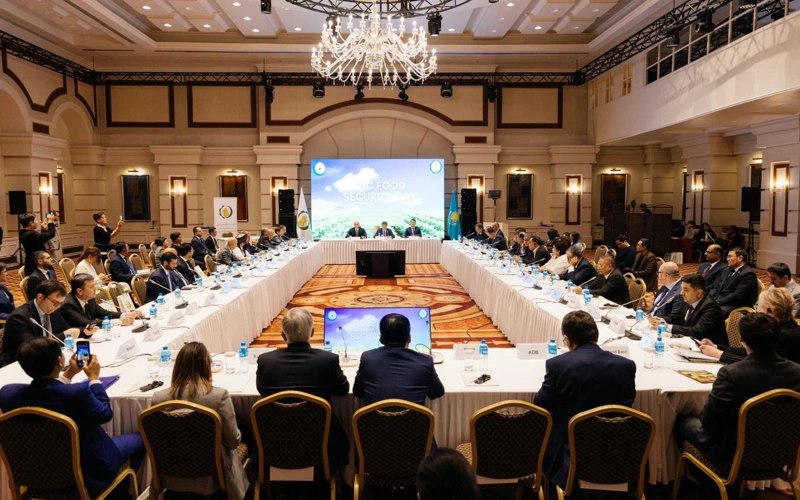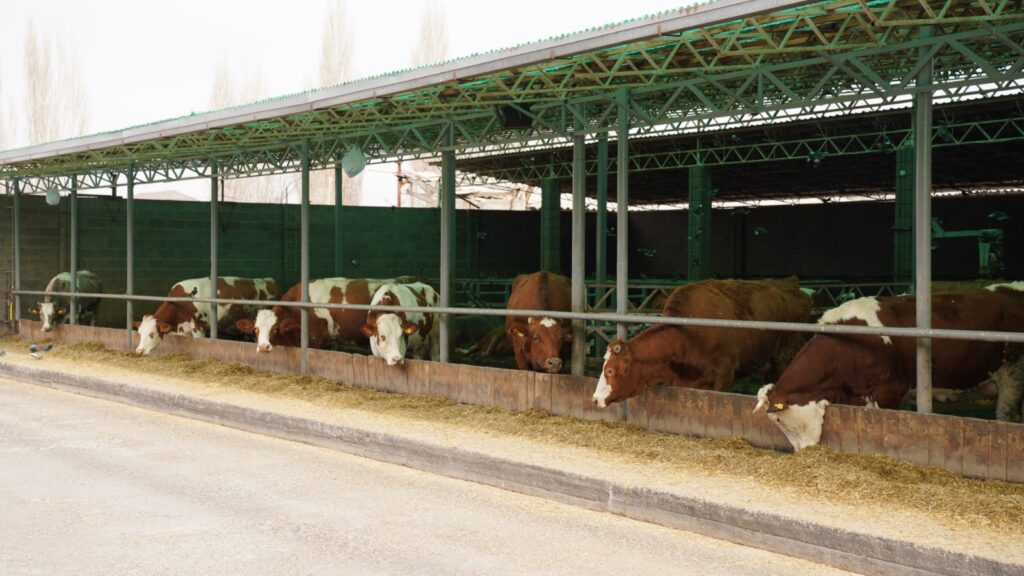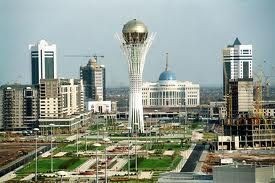ASTANA (TCA) — Members of Kazakhstan’s Land Reform Commission voted for an extension, until the end of 2021, of the moratorium on leasing Kazakh agricultural land to foreigners, Minister of Agriculture Askar Myrzakhmetov said on August 13.
The Commission’s proposal on the extension of the moratorium should now be submitted to the President of Kazakhstan.
The Commission developed several proposals concerning the land reform in Kazakhstan, the official website of the Prime Minister of Kazakhstan reported.
The Commission suggested preserving the institute of agricultural land lease for citizens of Kazakhstan for the period of 49 years.
The Commission proposed to determine the maximum size of farmland that can be leased to the citizens of Kazakhstan.
It was suggested introducing a strict procedure for land use in cross-border regions.
The Commission proposed to determine pastures and hayfields surrounding populated areas to meet the needs of local population. These lands cannot be leased to persons or entities of the Republic of Kazakhstan.
Local authorities should be allowed to buy agricultural land for public use and individual housing construction.
The proposals developed by the Commission on preservation and improvement of the institute of farmland lease should be submitted to the Parliament of Kazakhstan.
The Agriculture Ministry was suggested to extend the moratorium on allocation of farmland to joint ventures with foreign capital.
The Agriculture Ministry will prepare a draft law containing the proposals of the Commission and submit it to the Parliament.
Thousands protested across Kazakhstan in April and May against the government’s plans to privatize agricultural land.
As a result, the Kazakh government set up the commission to review the land-reform plans, and invited some opposition figures to join it, after opposition activists called for rallies to be held across the country to protest proposed changes to the Land Code that would allow farmland to be sold and would allow foreign investors to lease land for agricultural use for up to 25 years.
President Nursultan Nazarbayev on May 5 ordered to postpone the implementation of the controversial legislation until 2017.









